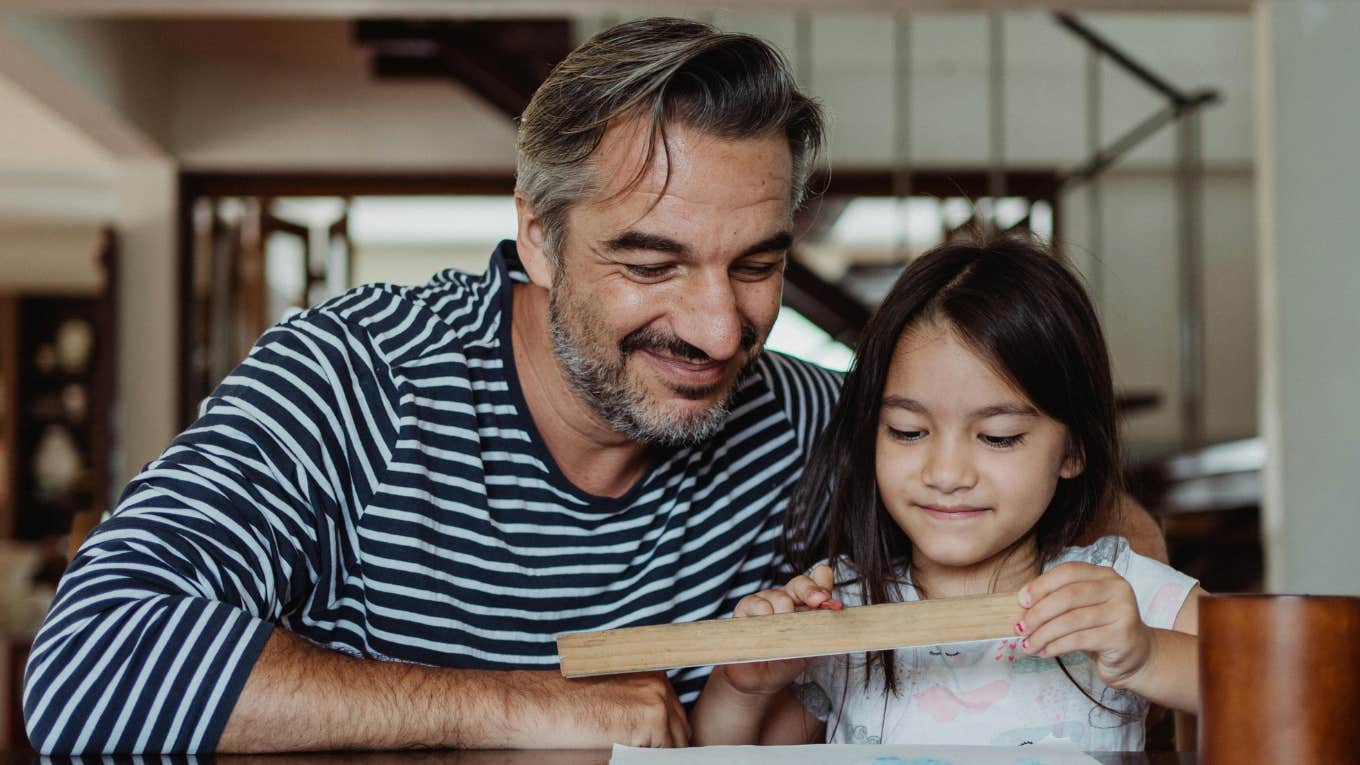6 Phrases Kind Parents Who Raise Respectful Kids Use Often, According To A Parenting Expert
It's important to teach your kids to navigate the world while treating others respectfully.
 Ketut Subiyanto | Pexels
Ketut Subiyanto | Pexels All parents want to raise their kids to be kind and respectful of others, but it can be a challenge. Sometimes, it's all a mom can do to get through the day, let alone teach their kids a lifelong lesson.
According to one mom, one of the simplest techniques to raise respectful children is to use one-liners which are phrases that are easy for kids to understand while reinforcing positive lessons.
Think, "Wait 'til your father gets home," except much nicer and less misogynistic.
Here are 6 phrases kind parents who raise respectful kids use often:
Nicole, a mother and the founder of Carpool and Coffee: Raising Kind Kids, shared some phrases that work wonders for children because they are easy for kids to understand. She should know — she uses them with her own kids.
1. 'You can be mad without being mean.'
Everyone has a right to feel whatever emotion they're experiencing, but you can't let those feelings impact the way you treat others. This phrase is especially important for kids because it teaches them that their emotions are valid and that it's important to regulate your emotions all in one sentence.
Nicole said this was a phrase that has been used in her household for the past decade and is just one of many she uses consistently.
2. 'Stop means stop, no means no.'
Nicole said that even if she hears her kids say "no" while joking around, she immediately stops and says, "No means no."
This teaches children from a very young age that the word no, or even stop, means to quit whatever action you were engaged in the moment the word was said.
It's also important in the context of consent and their own boundaries. They learn that if someone is doing something that makes them uncomfortable, they can say the word "no," and the other person should stop. They simultaneously learn to respect others' boundaries and enforce their own.
3. 'Don't yuck someone else's yum.'
Just because someone enjoys something you don't, doesn't make it bad.
Children grow up inside their own homes where there are certain routines and interests, so it may put them off when they see others doing things outside their own personal preferences. But kids need to get used to people enjoying things they never would so they can be less judgmental and more kind.
It also teaches them to try new things and to get excited about new experiences.
"How do you know that's disgusting? You've never tried it," Nicole shared.
4. 'I'm sorry is just words; a real apology is a change in behavior.'
"Don't keep doing it and saying 'I'm sorry, I'm sorry,' it doesn't cut it," Nicole said.
Children need to learn that words without action are not enough. If you're truly sorry for the way you acted, then you'll change your behavior to avoid upsetting others.
5. 'You don't have to be friends with everyone, but you have to be friendly.'
Children should know that it's okay not to want to be close to every new person they meet, but they also need to know that everyone deserves respect. Just because you do not like someone or aren't very close to them doesn't give you the right to treat them rudely.
According to KinderCare, parents can teach children to be empathetic to others by modeling that behavior at home or in the community, and can also teach them ways to express themselves without harming others verbally or physically.
6. 'Who is it funny for?'
This helps children recognize that not all jokes are fun or funny and that being the brunt of a joke can hurt.
As Nicole said, sometimes kids, especially tweens and teens, will try to play off what they said with a "Can't you take a joke?" or a "just kidding." But by asking children who it's funny for, it helps them understand what they're saying may not actually be funny for everyone.
They can learn to take accountability for what they said and become more intentional with their words in the future.
Raising kids is hard work, but having parenting one-liners at the ready that also happen to teach lessons through kindness — that's parenting like a professional.
Sahlah Syeda is a writer for YourTango who covers psychology, news, and human interest topics.

